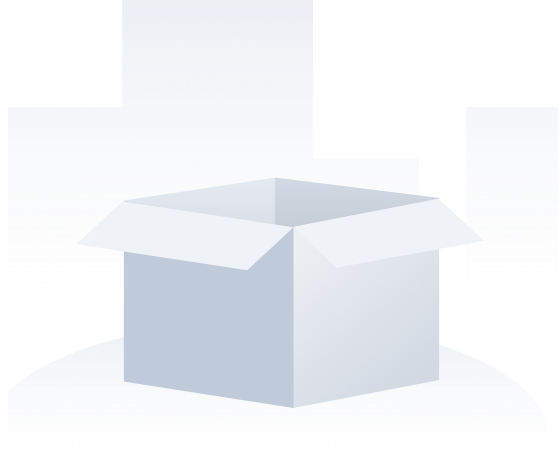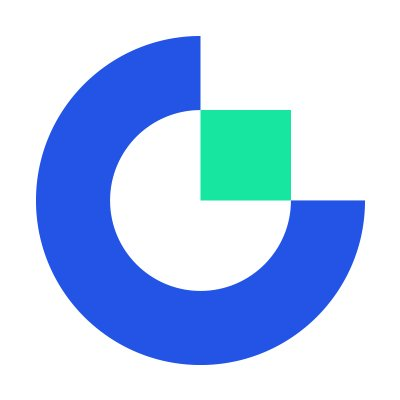
VDA
项目开始时间

2024年5月16日
关于
1. Background IntroductionVerida Network is a decentralized data management and identity platform built on blockchain technology. It focuses on empowering users to own, control, and monetize their personal data through a privacy-preserving framework. The project positions itself at the intersection of Web3, decentralized identity (DID), and personal data ecosystems, targeting both individual users and enterprises seeking secure data solutions.2. Website Core ContentThe website prominently features three main sections: 1) A data wallet for self-sovereign identity management 2) Secure messaging with end-to-end encryption 3) Storage solutions for decentralized applications. Key highlights include interactive demos of their Verida Wallet, developer documentation for SDK integration, and case studies of enterprise implementations. The resources section contains detailed whitepapers explaining their architecture.3. Technical FeaturesVerida utilizes a multi-chain approach with support for Ethereum, Polygon, and other EVM-compatible chains. Their technical documentation describes a unique "Triple-Store Database" for decentralized data storage and a zero-knowledge proof framework for privacy-preserving data sharing. The platform offers SDKs for React, Flutter, and Node.js, emphasizing cross-platform compatibility. Notable innovations include their DID-auth protocol and verifiable credential templates.4. Token EconomicsThe VDA token serves multiple functions: 1) Payment for network storage and compute resources 2) Staking for node operators 3) Governance voting rights. Token allocation shows 35% for ecosystem development, 25% team (4-year vesting), 20% community rewards, and 15% for private sales. A unique "Data Staking" mechanism allows users to earn tokens by contributing anonymized data to research pools while maintaining privacy.5. Competitor ComparisonCompared to Ceramic Network: Verida offers more comprehensive identity solutions but has fewer integrated dApps. Versus Arweave: Focuses on structured data rather than general storage. Key differentiators include: 1) Built-in encrypted messaging 2) Hybrid blockchain/database architecture 3) Compliance-ready identity framework supporting GDPR and other regulations.6. Risks and ChallengesPrimary risks involve: 1) Regulatory uncertainty around data tokenization 2) Competition from established cloud storage providers 3) Complex user onboarding for non-crypto natives. Technical challenges include maintaining performance for large-scale data operations. The roadmap indicates delays in their planned zk-rollup integration, and community forums show concerns about enterprise adoption rates.7. Industry FutureThe 2024 roadmap highlights: 1) Expansion of verifiable credential use cases in healthcare 2) Integration with IoT devices for real-time data streams 3) Launch of a data marketplace beta. Long-term vision includes becoming the "SSL certificate equivalent for data authentication." Partnerships with several DeFi projects for identity solutions are underway, with projected network growth of 300% YoY.8. SummaryCore Value: Privacy-by-design architecture/Regulatory-compliant data control/Multi-chain interoperabilityCurrent Issues: Enterprise adoption barriers/Complex UX for mainstream users/Limited mobile functionalityImprovement Suggestions: 1) Simplify onboarding flows 2) Accelerate mobile SDK development 3) Publish more verifiable case studies 更多>




















 看多
看多
 看空
看空